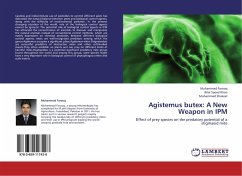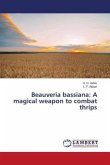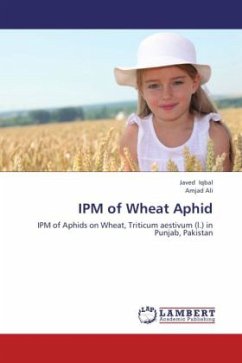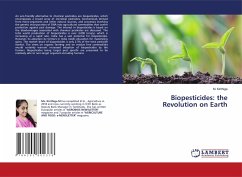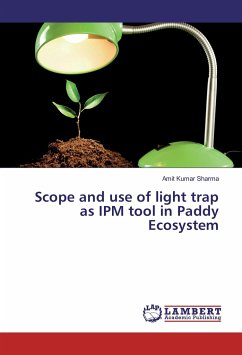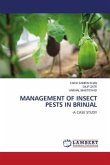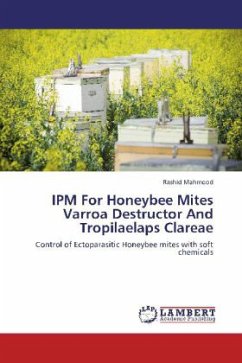Careless and indiscriminate use of pesticides to control different pests has distressed the natural balance between pests and biological control agents, along with the difficulty of environmental pollution. In the present changing situation of the world, role of the biological control agents cannot be ignored. The potential role of biological control agents in IPM has attracted the concentration of scientists to discover and manipulate the natural enemies instead of conventional control methods, which are mainly dependent on chemical pesticides. Between different biological control agents, mites are well-recognized predators among which the genus Agistemus occupies a significant place.Agistemus mites (Stigmaeidae) are successful predators of destructive mites and other soft-bodied insects.They often establish on plants and can prey on different kinds of harmful mites.Stigmaeidae is a potential significant predatory mite group found throughout the world and among this group, same species might have a very important role in biological control of phytophagous mites and scale insects.
Bitte wählen Sie Ihr Anliegen aus.
Rechnungen
Retourenschein anfordern
Bestellstatus
Storno

